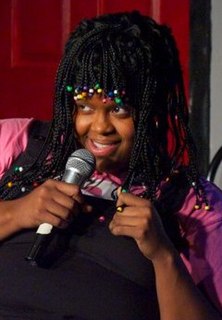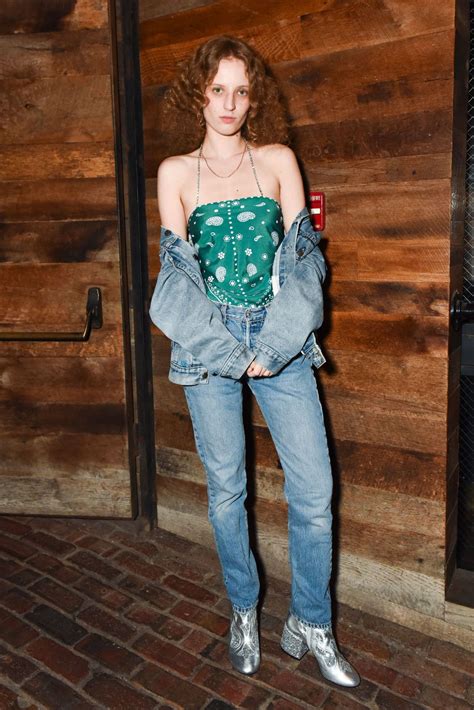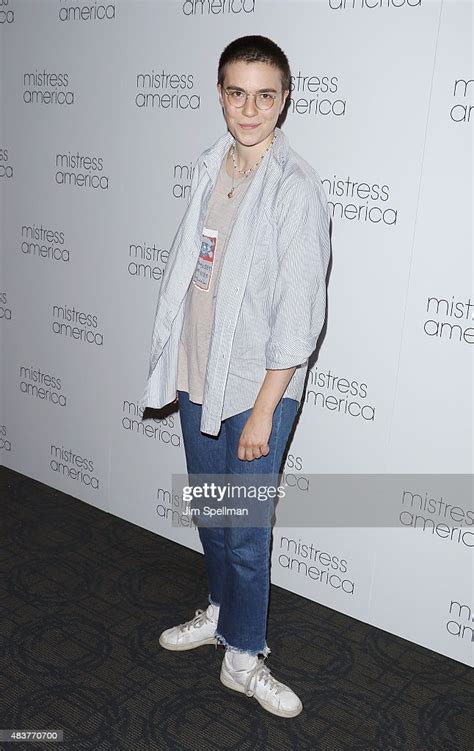A Quote by Natasha Rothwell
I'm interested in stories being told by marginalized voices and, specifically, people of color.
Quote Topics
Related Quotes
Historically, women's voices were central to food narratives, yet they were marginalized, and what happened at the table, the kitchen, the garden, and the fields was silenced. I'm very interested in how food appears in the historical record and animates our understanding of the South. It provides texture both to the past and to our contemporary experience. My work is not about discovering new voices, but rather it encourages voices that have been silenced to come forward and speak a little louder.
I think we can topple the patriarchy by using our voices to speak out against things that aren't right and that we don't agree with. I think for people who are not people of color or members of the LGBT community, it is being an ally and being an advocate in spaces that people of color or members of the LGBT community can't really get into.
In my lifetime I have seen democracy begin to expand, not only to include those who have been excluded, but to provide a listening arena, a vocabulary, an intelligent reception for stories that have been buried. Not just stories of the disenfranchised and the marginalized, but marginalized and disenfranchised histories even in the lives of the accepted and the privileged.
I see a huge, huge divide between the people who are facing the most barriers and violence and the kinds of stories being told in mainstream American politics. The issues that I think most about - how many people's lives are being affected by prisons and policing, how many people's lives are being affected by immigration enforcement and deportation - those stories aren't being touched, let alone told, in mainstream politics.
...they told me of color, that it was an illusion of the eye, an event in the perceiver's mind, not in the object; they told me that color had no reality; indeed, they told me that color did not inhere in a physical body any more than pain was in a needle. And then they imprisoned me in darkness; and though there was no color there, I still was black, and they still were white; and for that, they bound and gagged me.


































